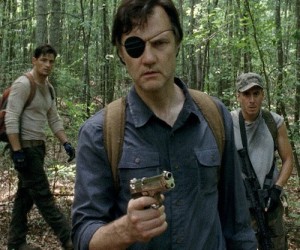 Warning: full spoilers for the episode follow
Warning: full spoilers for the episode follow
This season has had a fairly defined message that seems to plague each of the characters: how far are you willing to go – and at what cost? The Governor found himself in a position where he had pushed this notion to the limit, killing many of his own people in cold blood. “Live Bait” seemed to bring The Governor back from the brink, giving him purpose and family. But it seems that the past can’t be righted – or forgotten – as we find ourselves with a man not just where he began , but more focused and meaner.
This failed retribution story is a fascinating one, and one I wasn’t sure was going to play out. Sure we got the eye-patch reveal a few episodes back, but that could have just as easily proved to be a red herring. The Governor seems to have found his drive again – first it was revenge for his daughter and now it seems to be the protection of his new family that has forced him back into the brink. It’s an interesting theme, and one that tries to force the sympathetic villain hand, but two episodes were definitely not enough time to flesh this out. Despite the obvious time skips – and, yes, to point out this definitely would prove to be enough in universe time to have this family bring “Brian” in- it hasn’t given us enough time to care about these people at all. Not enough show, and too much tell.
That’s not to say the little moments in this episode don’t work. Brian’s initial resistance to leadership was also a great moment, particularly when he dragged Martinez kicking and screaming into the pit, yelling about how didn’t want it. Combine that with when he tried to get away from becoming leader, and was only held back, and it paints an interesting picture. The Governor knows he is somewhat deranged, and despite his best attempts to run away from this, he can’t. So the only way he knows his family is safe is when he is in charge.
Taking charge is what this man does best, and when he realises that the only way he can do so is to remove the weak pieces from the board, you see some key moments. Picking off the old leadership is smart – it’s just a shame it wasn’t handled by the writers with the same equal planning. As the old leadership is picked off one by one, there is no conceivable way that these killings would take place so that no one would notice, or that no one would question these newcomers, especially Mitch (played by early season Fringe star Kirk Acevedo, who should prove to be a good addition) who should be more upset at his brother’s death at the Governor’s hands.
In the end it seems that this was really the only logical conclusion to this two episode story arc. The writers should be commended for attempting a breakdown of a character who really hasn’t been given anything besides being a one-note villain. It’s just a shame it wasn’t given more time.
But hey, at least next week we get to see that tank in action right?
A couple of observations
- Tank! I really hope they don’t squander it.
- Pete (Enver Gjokaj) was really great this episode, and that actor isn’t given nearly enough time. I would have liked to have seen more of him.
- So Tara is probably the first homosexual character on the show? I can’t recall any other.
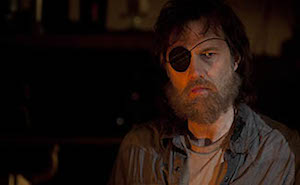
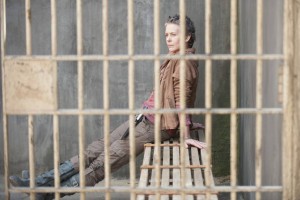
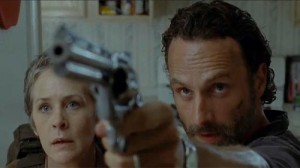
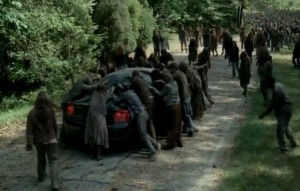
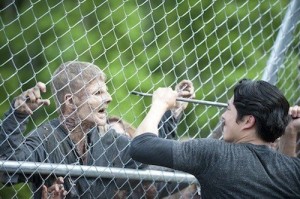
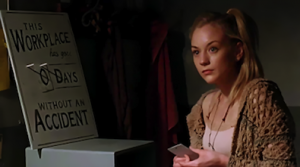
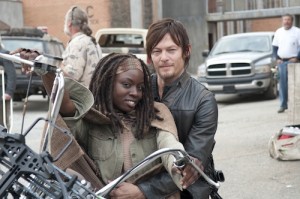
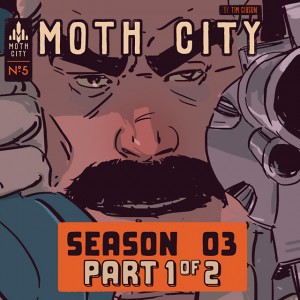
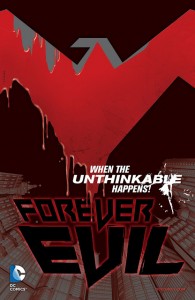
 RSS - Posts
RSS - Posts
Recent Comments